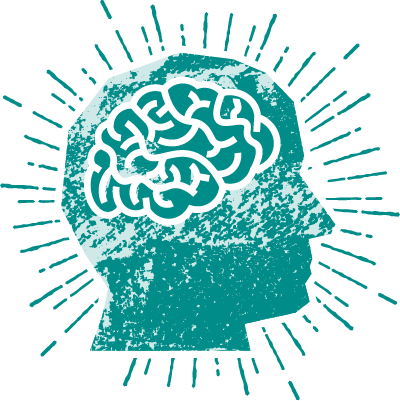Expand your knowledge
At Corset Economy we started out with an idea and a systems framework to make sense of the rapidly changing world around us. In Scenario Planning we refer to this as a VUCA world – volatile, uncertain, complex and ambiguous – and if this doesn’t describe the last while we don’t know what does!
After 20+ years of working for major global organizations and corporations on scenario projects exploring global systems as diverse as the future of aviation and shipping, health and the home, to regulation and intellectual property rights, and finance, we concluded that the global system was changing. We’ve distilled all of that learning, insight and expert analysis on the biggest disruptive forces and trends into our vision of what is happening to our global economy.
This framework is meant to help organisations, policymakers, academics and Joan Public anticipate some different ways in which the future could unfold, because prospection – the act of looking forward in time or considering the future – enables us to come back to the present armed with new insights that enable us to do something. Knowledge is power.
Continue reading to learn more about the four Corset Futures, the five Corset Laces that are pushing us towards them and the Corset Theory underpinning it all.
 Monopolies and Network Effects
Traditionally, monopolies were localised and usually regulated, but no so in a digital economy.
Monopolies and Network Effects
Traditionally, monopolies were localised and usually regulated, but no so in a digital economy.
Digitalisation lends itself to extreme winner-takes-all network effects that ‘lock in’ consumers and other businesses, effectively blocking competition. These monopolistic network effects are at a global level making them both impossible to regulate or unlock.
 Debt and the Social Contract
The world is awash with debt. Levels of private and public debt have soared since the global financial crisis, now amplified by the Covid-19 pandemic.
Debt and the Social Contract
The world is awash with debt. Levels of private and public debt have soared since the global financial crisis, now amplified by the Covid-19 pandemic.
Consumer debt is the lifeblood of the economy, so if and when debts are repaid, money will be diverted from production or consumption of the goods and services that keep the global economy in motion.
 One Planet Earth
There is only one finite Planet Earth. Industrialisation has been extremely successful at improving the quality of life for a few billion people in the industrialised world, at the expense of our planetary health.
One Planet Earth
There is only one finite Planet Earth. Industrialisation has been extremely successful at improving the quality of life for a few billion people in the industrialised world, at the expense of our planetary health.
10 billion people now have similar aspirations, creating the risk of a perfect storm by 2030, when demand for critical resources – water, food and energy – exceeds supply.
 World of Work
Today’s jobs are increasingly part-time, on-call or ‘non-standard work’, with uncertain work and fluctuating income. Skills required for the workplace are fast becoming obsolete, with many tasks undertaken by a non-human workforce.
World of Work
Today’s jobs are increasingly part-time, on-call or ‘non-standard work’, with uncertain work and fluctuating income. Skills required for the workplace are fast becoming obsolete, with many tasks undertaken by a non-human workforce.
These changes to the world of work create economic precarity and psychological self-esteem which affects individual’s ability to contribute to the economy and society.
 Misrules of the Game
Regulations create the rules of the game for business. When they work well, they support a level playing field. When there is no ‘fair play’, or an equal opportunity to succeed, regulations risk becoming misrules that can be gamed.
Misrules of the Game
Regulations create the rules of the game for business. When they work well, they support a level playing field. When there is no ‘fair play’, or an equal opportunity to succeed, regulations risk becoming misrules that can be gamed.
Many regulations have been designed for a national physical economy, which makes them inadequate and inappropriate for the realities of the 21st century globalised digital economy. This perceived unfairness undermines trust in the system.







Want to explore more?
Join us for our Futures Immersion Workshop online workshop where we go into more detail and explore how the laces and futures interact, and how they can be influenced. Perfect for those who want to know more about how change happens and how to influence for a better future.



